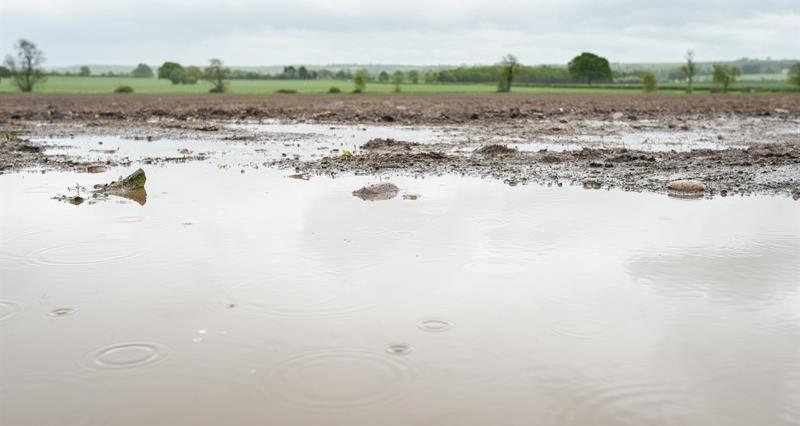The report was published in response to the flood defences inquiry the PAC opened last Autumn, looking at current risk management arrangements, what has been achieved in flood protection between 2015 and 2021, and the government’s preparedness to manage and reduce flood risk in the future.
We are pleased to see the PAC highlight some of our concerns around flood resilience in its report including:
- poor maintenance undermining progress on the capital programme, with Defra not establishing the appropriate balance between building new defences and maintaining existing ones
- smaller and rural communities losing out due to a lack of flood protection provision for communities of fewer than 100 houses that can nevertheless be devastated by the impact of flooding.
The report says that 203,000 properties are at increased risk of flooding due to deteriorating flood defences.
“Tangible solutions that mitigate the impact of flooding of farmland will ensure our farmers and growers can continue producing food while protecting our farmland and local communities.”
NFU Deputy President Tom Bradshaw
You can read the NFU’s response to the inquiry in full at: parliament.uk | Written evidence submitted by the NFU.
‘Tangible solutions’ needed
NFU Deputy President Tom Bradshaw said the NFU “agree[s] with many aspects of the report”, particularly around rural areas missing out on “vital funding” and a lack of investment into river maintenance and flood defences.
“Over the past few months, we have seen hundreds of farms across the country face the devastation of flooding, vast areas of productive farmland under water, and the huge financial stress and misery that brings. It stems from a failure by successive governments to get to grips with the challenges of managing watercourses and improving and maintaining our flood defences,” Tom added.
Following Storm Babet in 2023, the NFU sent an open letter, signed by more than 1,750 people, to the three main political parties, urging them to outline plans to protect farming businesses from flooding.
“Tangible solutions that mitigate the impact of flooding of farmland will ensure our farmers and growers can continue producing food while protecting our farmland and local communities,” Tom said.
The PAC shared our concern that some parts of the country may be losing out on funding, as the current method for prioritising projects favours the more population-dense urban locations.
We were pleased to see recommendations around the possibility to transfer funds between capital and maintenance spending, and for Defra to set out how it is ensuring that it is following its own guidance on rural proofing, so its investment decisions do not disadvantage smaller communities.
Defra updated its guidance for the government on rural proofing in 2022 to help departments ensure that rural areas receive fair and equitable policy outcomes.
A further recommendation asks Defra to publish work that identifies areas which are likely to lack enough local authority resources and private sector contributions to manage flood risk given the importance of this to smaller communities in particular.
Defra and the Environment Agency were also asked to set out what further changes are under consideration to make it easier to get smaller projects approved.



